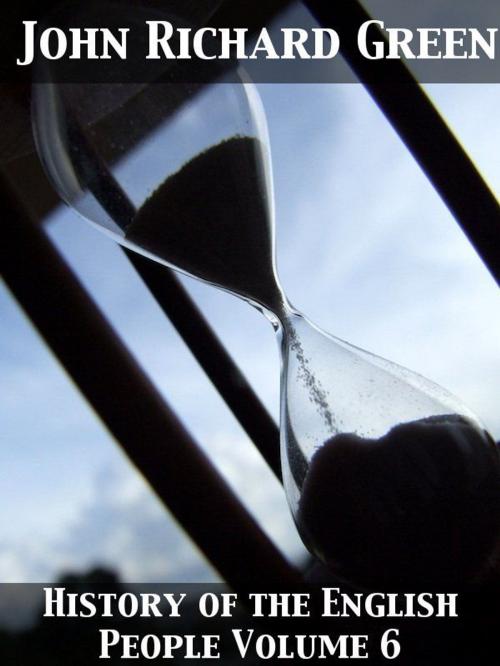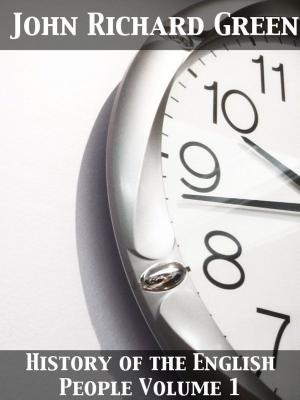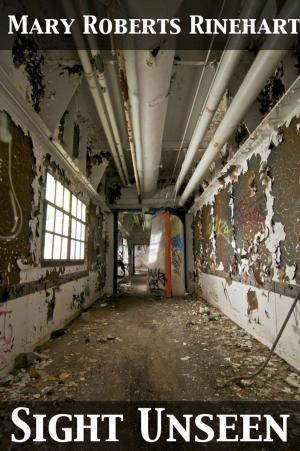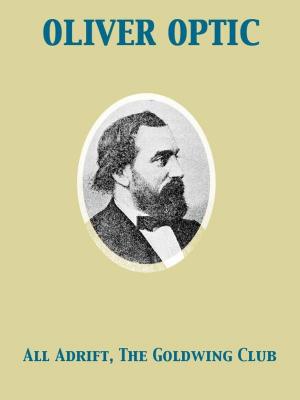History of the English People, Volume VI Puritan England, 1642-1660; The Revolution, 1660-1683
Nonfiction, History, British| Author: | John Richard Green | ISBN: | 9782819913399 |
| Publisher: | Release Date: November 27, 2011 | Publication: | November 27, 2011 |
| Imprint: | pubOne.info | Language: | English |
| Author: | John Richard Green |
| ISBN: | 9782819913399 |
| Publisher: | Release Date: November 27, 2011 |
| Publication: | November 27, 2011 |
| Imprint: | pubOne.info |
| Language: | English |
pubOne.info thank you for your continued support and wish to present you this new edition. The breaking off of negotiations was followed on both sides by preparations for immediate war. Hampden, Pym, and Holles became the guiding spirits of a Committee of Public Safety which was created by Parliament as its administrative organ. On the twelfth of July 1642 the Houses ordered that an army should be raised for the defence of the king and the Parliament, and appointed the Earl of Essex as its captain-general and the Earl of Bedford as its general of horse. The force soon rose to twenty thousand foot and four thousand horse; and English and Scotch officers were drawn from the Low Countries. The confidence on the Parliamentary side was great. We all thought one battle would decide, Baxter confessed after the first encounter; for the king was almost destitute of money and arms, and in spite of his strenuous efforts to raise recruits he was embarrassed by the reluctance of his own adherents to begin the struggle. Resolved however to force on a contest, he raised the Royal Standard at Nottingham on the evening of a very stormy and tempestuous day, the twenty-second of August, but the country made no answer to his appeal
pubOne.info thank you for your continued support and wish to present you this new edition. The breaking off of negotiations was followed on both sides by preparations for immediate war. Hampden, Pym, and Holles became the guiding spirits of a Committee of Public Safety which was created by Parliament as its administrative organ. On the twelfth of July 1642 the Houses ordered that an army should be raised for the defence of the king and the Parliament, and appointed the Earl of Essex as its captain-general and the Earl of Bedford as its general of horse. The force soon rose to twenty thousand foot and four thousand horse; and English and Scotch officers were drawn from the Low Countries. The confidence on the Parliamentary side was great. We all thought one battle would decide, Baxter confessed after the first encounter; for the king was almost destitute of money and arms, and in spite of his strenuous efforts to raise recruits he was embarrassed by the reluctance of his own adherents to begin the struggle. Resolved however to force on a contest, he raised the Royal Standard at Nottingham on the evening of a very stormy and tempestuous day, the twenty-second of August, but the country made no answer to his appeal















